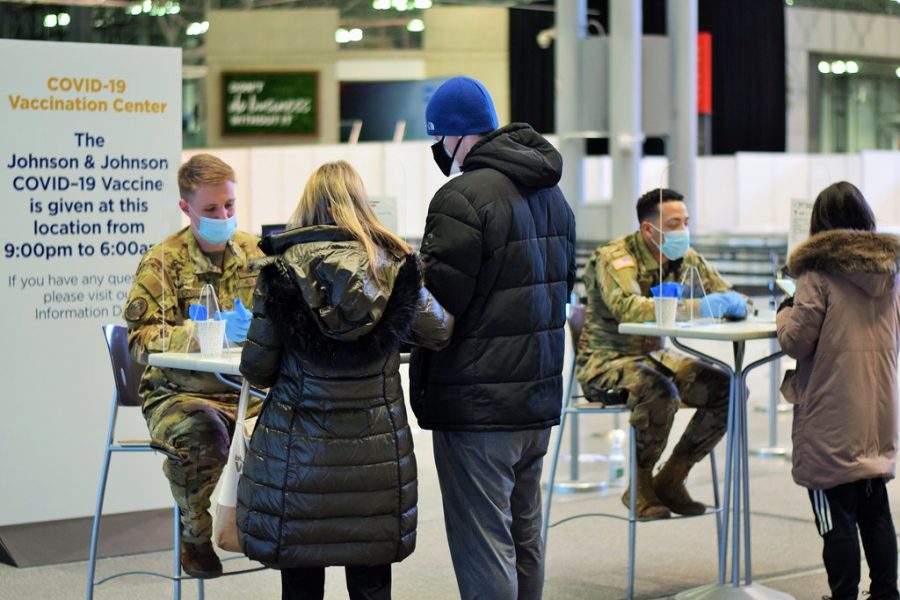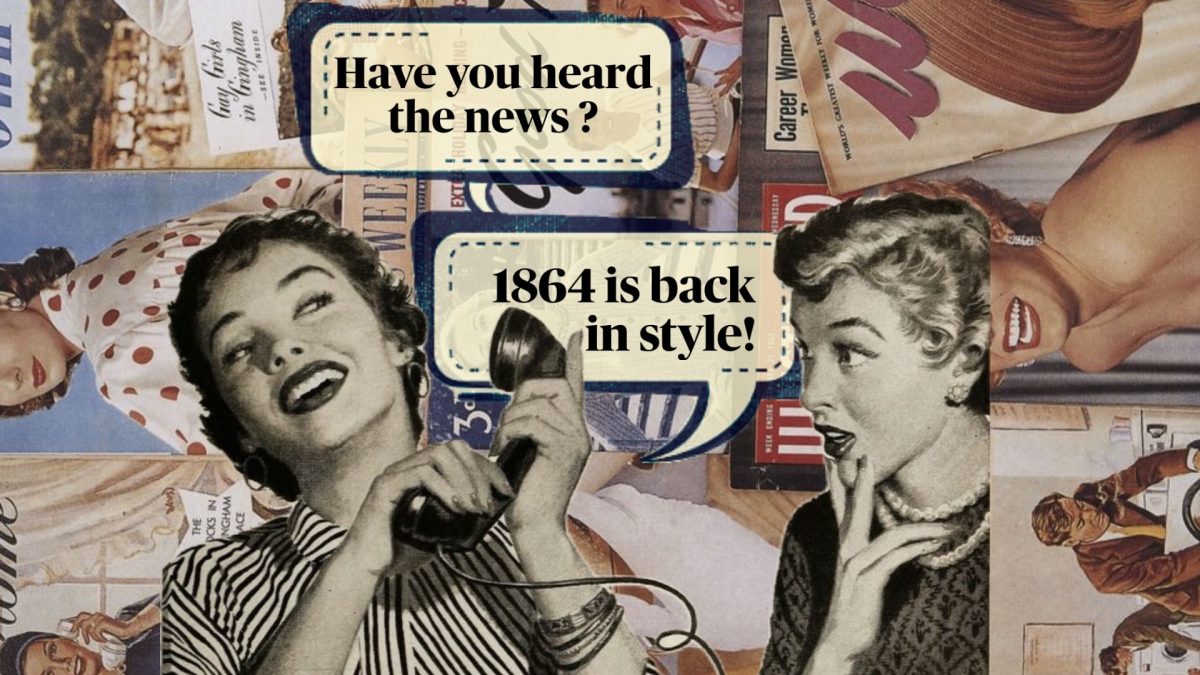The Janssen, also known as Johnson & Johnson (J&J), COVID-19 vaccine was authorized for emergency use by the U.S. Food and Drug Administration (FDA) on Feb. 27, becoming the third vaccine authorized and distributed for protection against the coronavirus. Nearly seven million doses of the vaccine have been administered in the U.S. so far, according to the FDA.
Although it has been declared safe and effective by federal health agencies, there is still a large stigma against the J&J vaccine. This is mainly because of the company’s previous scandals and lawsuits, including tens and thousands of its baby powder products which were recalled in 2019 due to reports of cancer-causing chemicals. This has caused doubts and hesitation from potential recipients due to its contrasts from the other two vaccine brands, Pfizer and Moderna.
While it is responsible and generally smart to show concern for such a major turning point in regard to the pandemic, it is also important we maintain trust in the knowledge and guidance of health and science experts.
Medical professionals are encouraging everyone to take whichever vaccine is available to them first, regardless of personal preferences—which is exactly what everyone should do.
As stated on the CDC website, “You should get the first COVID-19 vaccine that is available to you. Do not wait for a specific brand. All currently authorized and recommended COVID-19 vaccines are safe and effective, and CDC does not recommend one vaccine over another.”
One major cause of doubt for the J&J vaccine results from its initial efficacy rate of 66% during its clinical trial, whereas the Pfizer and Moderna vaccines showed higher success rates of around 94%. However, people should not compare the three vaccines and get caught up in the numbers game.
Dr. Sandra Fryhofer, former president of the American College of Physicians (ACP), encouraged people to acknowledge and accept that all three vaccines are highly effective rather than focusing on their reported efficacy rates.
“These vaccines have not been tested head-to-head, so it’s impossible to do a really accurate comparison,” said Dr. Fryhofer in an interview with the American Medical Association (AMA).
Dr. Fryhofer also acknowledged that the vaccine was tested at the peak of the pandemic when more variants of the virus were present, making the test more difficult—therefore we cannot accurately compare it.
However, if we were to compare, the J&J vaccine has the benefit of convenience as it requires only one dose, while the Pfizer and Moderna vaccines require two, three to four weeks apart. This gives J&J recipients the advantage of being fully vaccinated nearly a month earlier.
Further suspicion arose after federal health agencies recently recommended a pause in the J&J distribution after it was linked to cases of blood clotting in six American women. However, out of the 7 million doses administered, health officials have deemed this case to be extremely rare.
While it is important to take precautions, the chances of developing a blood clot from COVID-19 are much higher, making the vaccine the safer option. The benefits of the vaccine outweigh the risks for a majority of recipients.
When the distribution of the J&J vaccine resumes, unvaccinated individuals should still take the opportunity to receive it if given the chance. Health officials would not authorize or recommend this vaccine if it was not safe and effective.
If highly skilled and experienced doctors, scientists and health experts encourage recipients to take advantage of any of the available vaccines, it is not our place to form preferences based on personal doubts and speculations which conflict with their professional advice.
The vaccine distribution process is not like a shopping spree for your favorite brand. The goal is to become vaccinated as soon as possible to achieve herd immunity against the coronavirus. If that means receiving the J&J vaccine, it is well worth it.















Ryan Gaudreau • Apr 24, 2021 at 5:41 pm
I totally agree with the author of this article. Any of the vaccines are safe to receive and when people start trying to choose which one they want, it is putting more of a stress on the vaccination clinics. Thanks for this article.